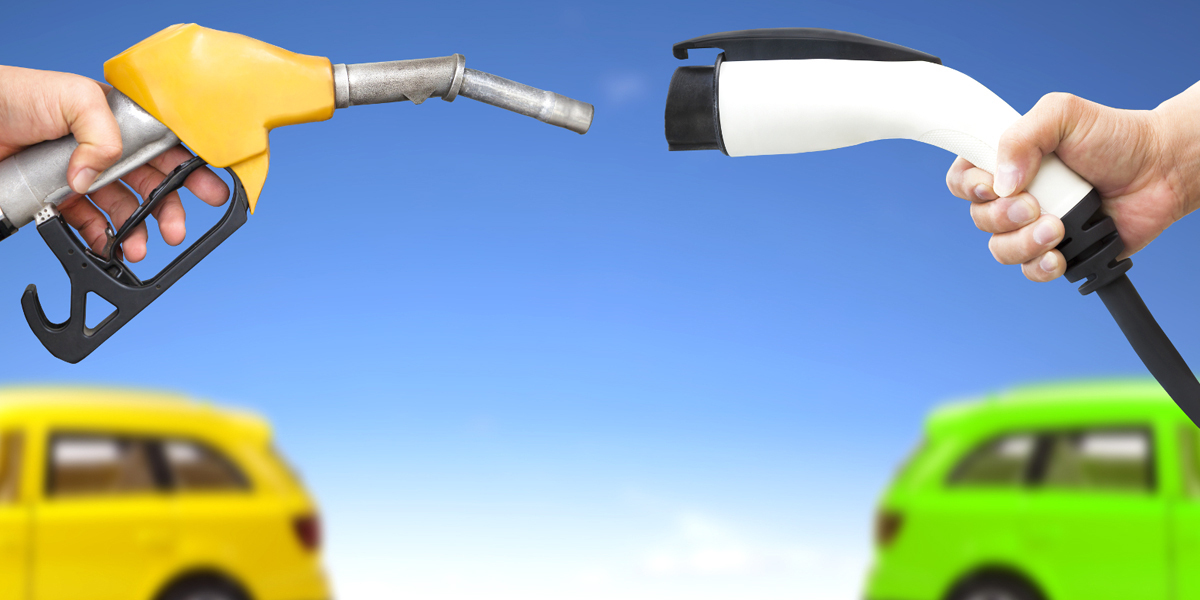How UCO-Based Biofuel Competes in a Rapidly Changing Landscape
As we move towards a greener future, the debate between biofuels and electric vehicles (EVs) is gaining momentum. With governments and industries pushing for reduced carbon emissions, both biofuels and EVs are positioned as key players in this transition. However, the journey to 2035 will see these technologies face unique challenges and opportunities. In this blog, we’ll explore how the Used Cooking Oil (UCO) to biofuel business competes with the rise of electric vehicles, and why UCO-based biofuel may hold advantages in the coming years.
Biofuels from UCO: Turning Waste into Energy
One of the strongest arguments in favor of UCO-based biofuels is their ability to turn waste into energy. UCO, a byproduct of the food industry, is often discarded improperly, leading to environmental pollution. By repurposing this waste into biofuel, companies like PT. Tuang Bio Energi not only reduce waste but also create a sustainable source of energy.
Advantages of UCO-Based Biofuel:
- Circular Economy: UCO biofuels support a circular economy, where waste products are reused, reducing the need for virgin resources and minimizing environmental impact.
- Lower Carbon Footprint: The production of UCO-based biofuel has a lower carbon footprint compared to traditional fossil fuels. This is because the carbon released during combustion is offset by the carbon absorbed during the lifecycle of the vegetable oils used.
- Scalability: Biofuel production from UCO can be scaled relatively easily, using existing infrastructure, making it a practical solution for immediate carbon reduction.
Electric Vehicles: The Green Promise with Hidden Costs
Electric vehicles are often heralded as the future of transportation, offering zero tailpipe emissions and the promise of cleaner cities. However, the production, operation, and eventual disposal of EVs come with their own set of challenges.
Disadvantages of Electric Vehicles:
- Battery Production Impact: The production of EV batteries requires significant amounts of raw materials like lithium, cobalt, and nickel. Mining these materials has considerable environmental and social impacts, including habitat destruction, water pollution, and human rights issues in mining communities.
- Waste and Recycling Challenges: While EVs produce no emissions during operation, their batteries present a significant waste problem. Recycling EV batteries is complex, energy-intensive, and currently not widely implemented. The challenge of managing this waste stream could offset some of the environmental benefits of EVs.
- High Energy Demand: Charging EVs requires substantial amounts of electricity, which in many regions still comes from fossil fuels. This indirect carbon footprint diminishes the overall environmental benefits of EVs, especially in areas with less renewable energy infrastructure.
Comparing Carbon Footprints: UCO Biofuel vs. Electric Vehicles
When considering the entire lifecycle—from production to disposal—UCO-based biofuels may offer a more sustainable option compared to EVs, particularly in regions like Southeast Asia.
- Production Footprint: UCO biofuel production primarily involves repurposing waste, which inherently has a lower carbon footprint than the resource-intensive extraction and processing required for EV batteries.
- Waste Management: The UCO biofuel industry addresses a pre-existing waste problem, whereas the EV industry is creating a new waste stream with its batteries. The recycling infrastructure for UCO is relatively simple and established, while EV battery recycling is still developing and faces significant hurdles.
- Energy Source: While EVs rely on the electricity grid, which may or may not be clean, UCO biofuels can be produced and consumed locally, reducing the need for long-distance transportation and the associated emissions.
Looking Ahead to 2035
As we approach 2035, the competition between biofuels and electric vehicles will intensify. However, it’s important to recognize that these technologies serve different purposes and may coexist rather than directly compete.
For Biofuels:
- Decarbonizing Heavy Industries: UCO-based biofuels are particularly valuable in sectors that are harder to electrify, such as aviation, shipping, and heavy-duty transport.
- Immediate Impact: Biofuels offer an immediate solution to reduce carbon emissions, leveraging existing infrastructure and addressing waste problems.
For Electric Vehicles:
- Urban Mobility: EVs are likely to dominate personal and urban transportation, where their zero tailpipe emissions can significantly improve air quality.
- Long-Term Potential: As battery technology improves and recycling methods advance, the overall sustainability of EVs may increase, making them a cornerstone of future transportation systems.
Conclusion: A Balanced Approach to a Sustainable Future
The path to a sustainable future is not a one-size-fits-all solution. Both UCO-based biofuels and electric vehicles have roles to play, depending on the context and application. However, the unique advantages of UCO biofuels—especially in terms of waste management and carbon footprint—make them a critical part of the energy mix in the years leading up to 2035.
At PT. Tuang Bio Energi, we are committed to advancing the role of UCO in the global energy transition, ensuring that waste is minimized and energy is maximized. As we continue to innovate and scale our operations, we believe that UCO-based biofuels will remain a key player in the sustainable energy landscape, even as electric vehicles continue to evolve.
In our next blog, we will explore how the biofuel and EV industries can complement each other and the potential for hybrid solutions that combine the strengths of both technologies for a more sustainable future. Stay tuned!
Contact Tuang Bio Energi
Website: https://www.tuang.co.id
Phone: 021-30620136
Email: [email protected]
Join us on the journey towards a sustainable future. Stay tuned for more insights on how you can be a part of Indonesia’s biofuel revolution!

